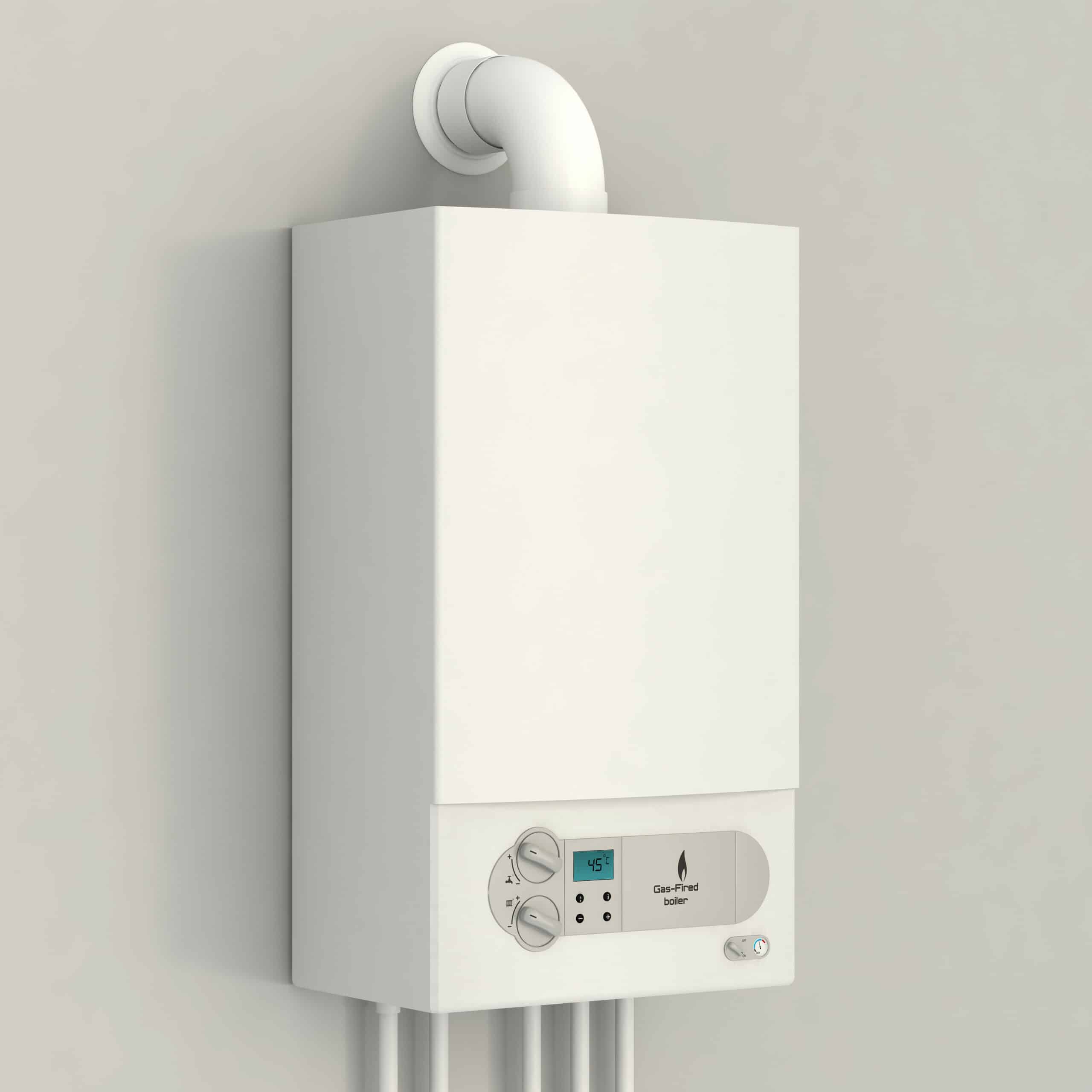Tankless water heaters have gained popularity for their energy efficiency and continuous hot water supply. However, one common question that arises is whether tankless water heaters require expansion tanks. In this blog, we will explore the need for expansion tanks in tankless water heater systems, discussing the factors that influence this requirement and providing insights into the benefits and potential drawbacks of installing expansion tanks with tankless water heaters.
Call Meow (470) 514-1599Expansion Tanks and Tankless Water Heaters
Expansion tanks play a vital role in maintaining safe and efficient plumbing systems, but their necessity with tankless water heaters is a topic of discussion. While traditional storage tank water heaters require expansion tanks to manage pressure fluctuations caused by thermal expansion, the situation is different with tankless water heaters. Due to their design, tankless water heaters typically do not require expansion tanks because they heat water on demand, eliminating the need for a storage tank and mitigating the risks associated with excessive pressure buildup.

However, there are exceptions to this general rule. In some cases, installation codes or local regulations may still require the use of expansion tanks with tankless water heaters. Additionally, if the incoming water supply has high pressure, installing an expansion tank can help regulate and stabilize the pressure within the system, providing an added layer of protection. It is advisable to consult a professional plumber or adhere to local guidelines to determine whether an expansion tank is necessary for your specific tankless water heater setup.
In summary, while expansion tanks are typically not required for tankless water heaters, there may be situations where their installation is still recommended or mandated. Consulting with a professional and understanding local regulations can help determine the best course of action. Properly sizing and installing an expansion tank, if necessary, can provide additional safety measures and help ensure the longevity and optimal performance of your tankless water heater system.
Benefits and Installation Guidelines
Expansion tanks offer several benefits when installed correctly and in accordance with guidelines. One key benefit is their ability to prevent excessive pressure buildup in the plumbing system. By absorbing the expanded water volume that occurs during thermal expansion, expansion tanks help maintain a safe and consistent pressure, reducing the risk of leaks, bursts, or damage to the water heater, pipes, and other components.
Proper installation is crucial for the effective functioning of expansion tanks. It is recommended to consult a professional plumber who can assess your specific plumbing setup, determine the appropriate size and capacity of the expansion tank, and ensure compliance with local codes and regulations. The installation process typically involves connecting the expansion tank to the plumbing system, usually near the water heater, and ensuring it is properly pressurized. It’s important to follow manufacturer instructions and maintain the expansion tank regularly to ensure its optimal performance over time.
In conclusion, the installation of expansion tanks offers significant benefits in maintaining a safe and efficient plumbing system. They provide pressure relief, prevent damage from excessive pressure, and enhance the longevity of water heaters and plumbing components. When installed correctly and in line with guidelines, expansion tanks contribute to the overall reliability and functionality of the system, offering homeowners peace of mind and confidence in their plumbing setup.
Importance of Expansion Tanks
Expansion tanks play a crucial role in maintaining the safety and functionality of plumbing systems. One of their key purposes is to control and regulate pressure fluctuations caused by thermal expansion. When water heats up, it expands, and without an expansion tank to accommodate this expansion, the pressure within the system can rise to dangerous levels. By absorbing the excess volume of water, expansion tanks help prevent excessive pressure buildup, protecting pipes, fixtures, and water heaters from potential damage, leaks, or bursts.
Moreover, expansion tanks help extend the lifespan of plumbing components. By relieving pressure, they reduce the strain and stress on the system, preventing premature wear and tear. This can result in increased durability and longevity of water heaters, pipes, valves, and other plumbing fixtures. Additionally, expansion tanks contribute to energy efficiency by maintaining stable pressure, which allows the system to operate more efficiently and effectively. By preventing pressure fluctuations, expansion tanks minimize the risk of unnecessary energy consumption, optimizing the overall performance of the plumbing system.
In summary, expansion tanks are of utmost importance in plumbing systems. They provide a vital function in regulating pressure, preventing damage, and improving the longevity and efficiency of the system. By installing expansion tanks, homeowners can ensure the safety and reliability of their plumbing setup, protecting their investment and promoting optimal performance for years to come.



